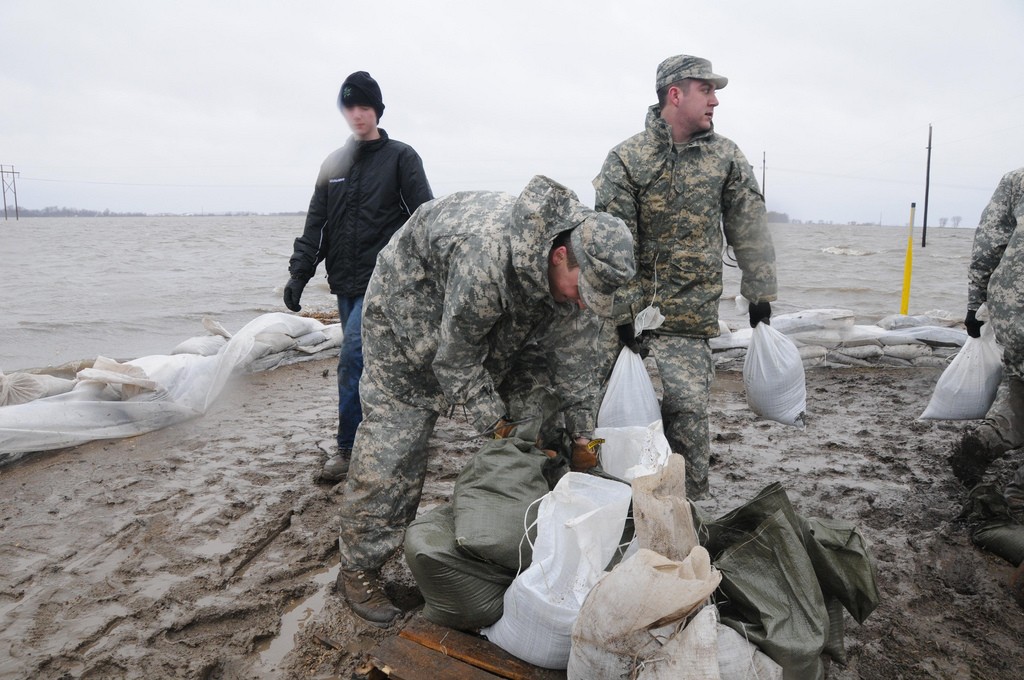Investment community calls for predictable climate policy
Post on: 5 Май, 2015 No Comment

Investor groups representing more than $22.5 trillion in assets are calling for more decisive action to slow down climate change and its negative effect on world economies.
They seek an active role in shaping the solutions and are forming an organization called the Global Investor Coalition on Climate Change (GIC) to represent the investment community on climate change policy and investment issues.
“Strong carbon-reducing government policies are an urgent imperative. Hurricane Sandy, which caused more than $50 billion in economic losses, is typical of what we can expect if no action is taken and warming trends continue, says Chris Davis, director of investor programs at Ceres and the North American Investor Network on Climate Risk (INCR). Investors are rightly concerned about the short and long-term economic risks of climate change and understand that ambitious climate and clean energy policies are urgently needed to avoid catastrophic impact.”
More consistency needed
Their agenda is outlined in an open letter addressed to leaders of the world’s largest economies. It was published in mid-November, just days before the latest round of international climate negotiations began in Doha, Qatar.
The letter calls for several things, including consistent and predictable policies that encourage low-carbon investment, better knowledge sharing between governments to accelerate implementation of successful climate and clean energy initiatives, and stronger international agreements that send clearer signals to markets about climate policy and planned greenhouse gas (GHG) emissions reductions.
The investors write:
Despite the evident policy progress in some countries, extreme weather events are already increasing in frequency with often disruptive effects on communities, local economies, companies and investments. Current policies are insufficient to avert serious and dangerous impacts from climate change. Further delay in implementing adequately ambitious climate and clean energy policy will increase investment risk for institutional investors and jeopardize the investments and retirement savings of millions of citizens.
The letter was co-authored by INCR, the European Institutional Investors Group on Climate Change (IIGCC), the Australia/New Zealand Investor Group on Climate Change (IGCC), the Asia Investor Group on Climate Change (AIGCC) and the United Nations Environment Programme Finance Initiative (UNEP FI). It is also supported by the UN-backed Principles for Responsible Investment Initiative (PRI).
Shaping the dialogue
Four of the regional groups that signed the letter — IIGC, INCR, IGCC and AIGCC — are collaborating on the new global organization, which will seek a high-profile role in climate change discussions.
Next page: Getting started
Representatives traveled to Doha to start that dialogue. We thought it was important to lend some structure to our collaborations, Davies said.
One of its first projects will be a global investor forum on climate in June 2013 in Hong Kong. The battle to solve climate change is going to be won or lost in Asia, he said.
In their open letter, the investors say there are seven things they hope to achieve:
- Clearly identify which policies encourage low carbon investment and discourage high carbon investment.
- Reinforce predictability in climate and clean energy policy.
- Outline procedures for improving these policies over time.
- Where carbon markets are in place or are under development, seek ways to increase their effectiveness and seek linkages to encourage broader, more liquid markets.
- Continue to work towards stronger international agreements with ambitious emissions reductions.
- Including financial sector representatives in dialogue, both as a way of better using private capital to support climate change solutions and to avoid the unintended consequences of policy or regulations on low-carbon investments.
- Take steps to phase out subsidies for fossil fuels – still 6 times higher than subsidies for renewable energy options.
While the collaboration has been planned since March 2012, the timing of the letter is significant. It came just one week after the International Energy Agency (IEA) sounded its latest dire warning about the accelerating pace of global warming. Current trends will lead to a long-term average global temperature increase of 3.6 degrees C, which could cause catastrophic and irreversible changes to the global ecosystem, according to the latest IEA prediction.
As if that wasn’t enough motivation, a separate report from the World Bank last week outlines scenarios likely to be caused by a slightly higher increase, 4 degrees C — including inundation of coastal cities; increasing risks for food production and higher malnutrition rates; exacerbation of water scarcity and flooding; the loss of biodiversity and more frequent high-intensity tropical cyclones.
Meanwhile, environmental, social and corporate governance considerations continue to take on more influence within the professional investment community.
The latest trends report on sustainable investing from the Sustainable Investment Forum (SIF) estimates that ESG concerns now influence $3.7 trillion- more than 11 percent of all managed assets. That represents a 22 percent increase in the last two years.
GIC believes several developments are necessary to attract low-carbon investment, including clear short term (2015), medium term (2020-2025) and long-term (2030-2050) GHG emission reduction targets that are pegged to specific timetables and enforceable from a legal standpoint; and incentives that shift the risk/reward balance away from high-carbon business models toward ones that encourage sustainable resource consumption.
“Investors are ready to allocate more funds to low-carbon solutions, which can support the economic development objectives of nations, says Nathan Fabian, CEO of IGCC. Realizing the level of investment needed to avoid the worst impacts of climate change requires that investors and governments work together. Now is the time for investors and governments to step up their dialogue on reducing climate risk and supporting low-carbon investment.”
Photo of drought-damaged cornfield provided by Earl D. Walker via Shutterstock.














